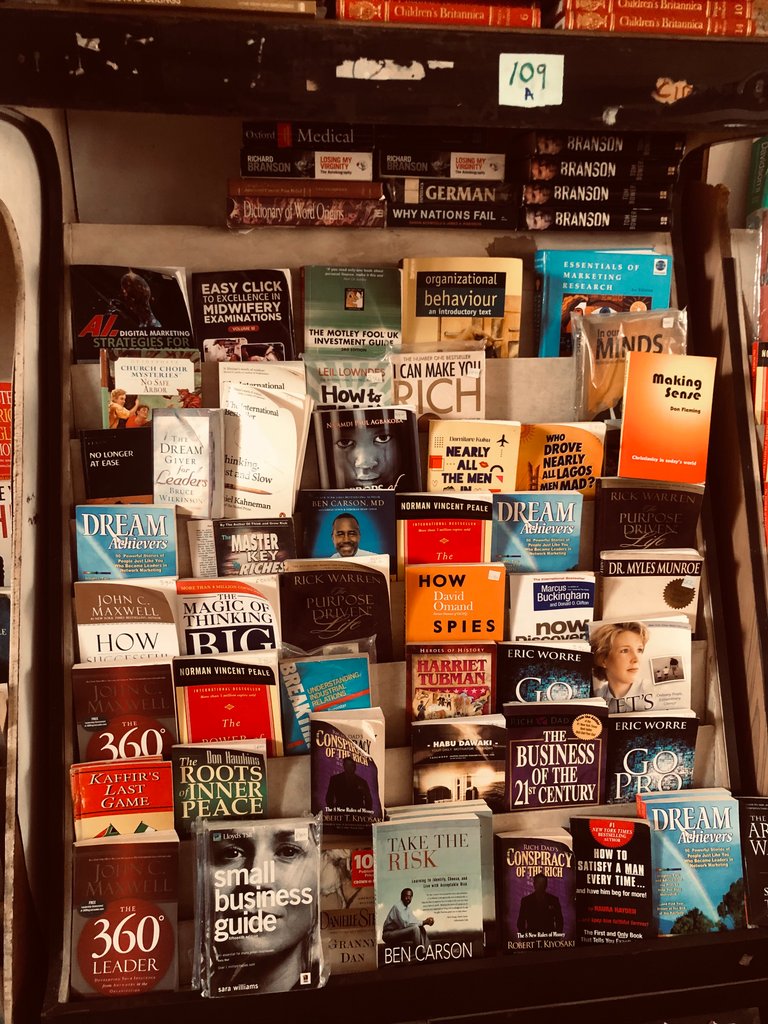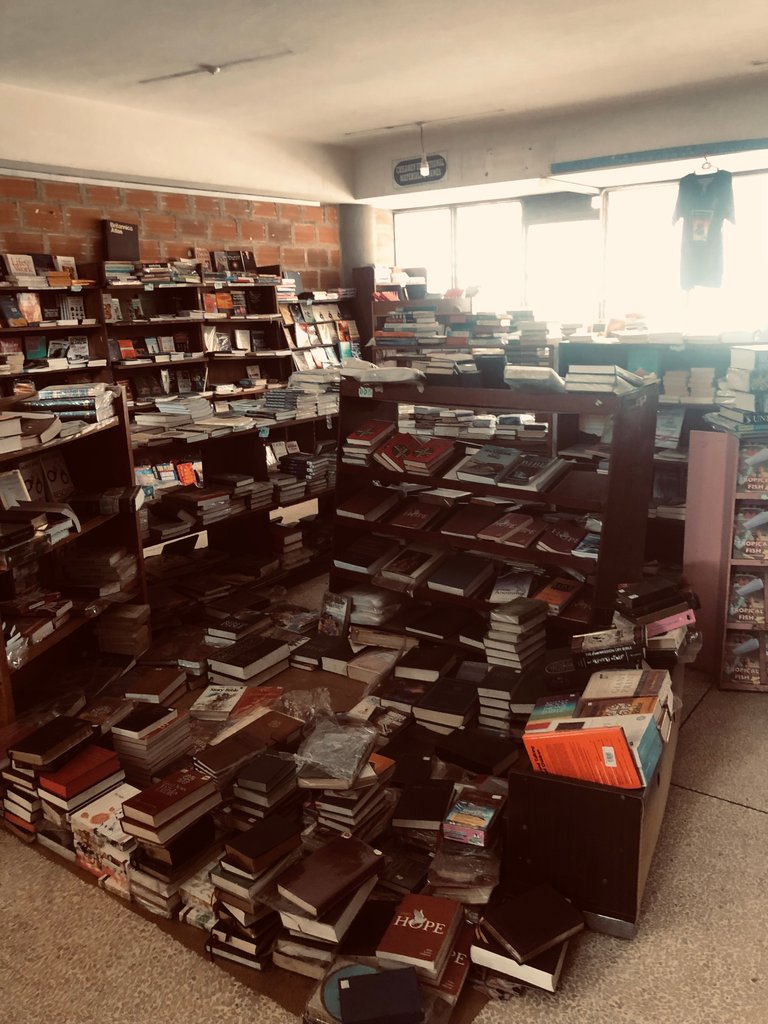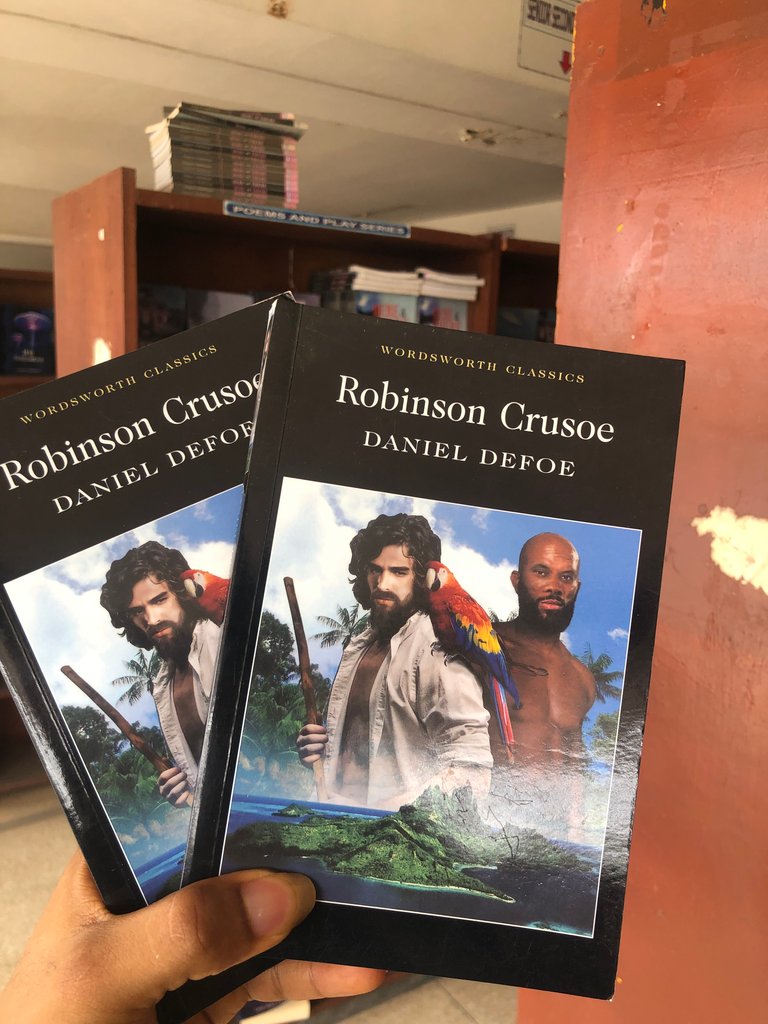
I've had this book lying around in my library for quite some time now. It was part of the recommended books for a course last semester. I had other bulky and more important books to read, so I kept putting it off until I finally got around to read it recently. Luckily, questions on this book didn’t show up in the exam. Ever since I got home from school, I’d been taking a break from reading books. I can't really point out why that was, it just happened. I finally kicked out of that phase when I read What Monster by Liz Pichon, one of the books I got for myself. I plan to do a review of it sometime next month. Reading What Monster kicked me out of that phase and sparked my interest in reading. I surfed through my E-library and came across this book- Bahiyya’s Eyes by Alifa Rifaat.
Fatimah Alifa Rifaat, famously known by her pen name Alifa Rifaat, was born and brought up in Cairo, Egypt. She was born on June 5, 1930, and died on January 1st, 1996. She is famously known for her short stories, exploring themes of power dynamics, gender, and oppression. Just like most African women authors, her works are channeled towards giving voices to the weak and powerless women in a patriarchal society. Alifa Rifaat, like most African Female writers, grew up in a society ruled by men. They grew up in a patriarchal society, where there's an imbalance in power dynamics - where women struggle to be seen, let alone have their opinions heard. Before the modern era, women accepted this fact: that they were not to be seen. However, with the advent of modernity, female writers began to emerge to support fellow women, make their voices heard, and change the power dynamics.

Alifa Rifaat introduces readers to the main character, Bahiyya, an old woman who is on the verge of losing her sight. The exposition opens with Bahiyya writing a letter to her daughter, telling her about her health and how she's been doing over the past years since she left. Bahiyya had been experiencing pains in her eyes and they had started to go blind- they started closing up and filling with stuff and after a couple of years, light started to drain out of them. When she found that tears had started rolling out of them, she decided to see the doctor. Instead of waiting for passers-by to take her to the hospital, she struggled on her own to get there. When she meets the doctor and tells him about her eyes and the pain, he examines her eyes and tells her that she made a big mistake by not coming to him years ago. According to the doctor, the pain and blindness were caused by flies and dirt. However, deep down, Bahiyya knows that her blindness is not just the result of flies and dirt, but also a consequence of growing up in a patriarchal society. "It all comes from the tears I shed since my mother bore me and found out I was a girl."
Her “suffering” started when she was young. Bahiyya’s mother gave birth to three girls and one boy; Aunt Nazeera, Aunt Fadela, and Uncle Awaad. Uncle Awaad, being the only male child, was given special treatment. He maltreated Bahiyya and the other girls, but when they reported to their mother, she ignored them or simply told them that Uncle Awaad was the lord of the house. She also faced oppression from her father who forced her to leave the man she loved and who loved her, and marry another person. Bahiyya loved Hamdan. Although he was shy, he managed to sing to her every time. She ended up getting married to Dashan, a man of her father’s choosing.
Bahiyya’s blindness was as a result of the tears she’d faced from oppression and inequality since she was young.

Alifa Rifaat explores how African women were treated during her time. In some parts of Africa, women are still treated this way, the only difference is that there are many female authors who are out there fighting for their voices to be heard.
The most notable theme in Alifa Rifaat's "Bahiyya's Eyes" is oppression and inequality, clearly portrayed by Uncle Awaad and Bahiyya's father. Uncle Awaad constantly maltreated Bahiyya and the other girls; he would kill their spirits, force them to do chores while he played around, and bully them whenever he felt like it. Of course, if their mother had intervened, Uncle Awaad's terrible behavior would have been corrected. Instead, she supported him and made him feel like a king. Bahiyya eventually gave up fighting the inequality that surrounded her and started crying as a form of escape.
Thanks for reading.
Posted Using INLEO
